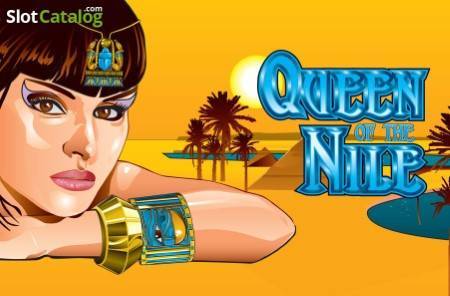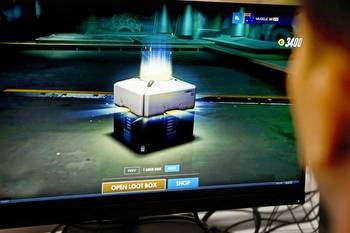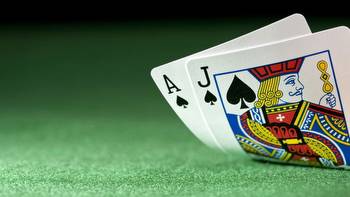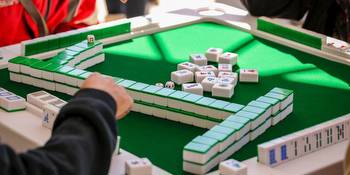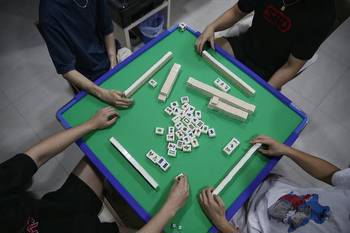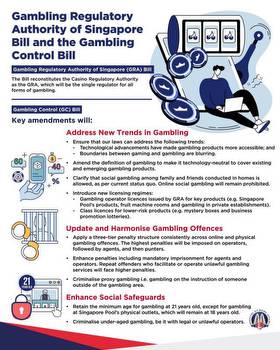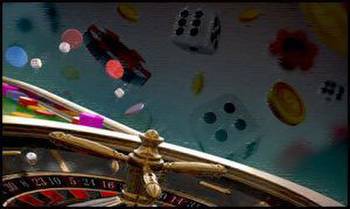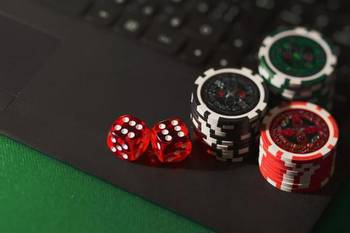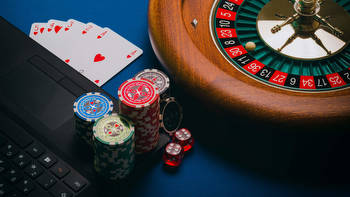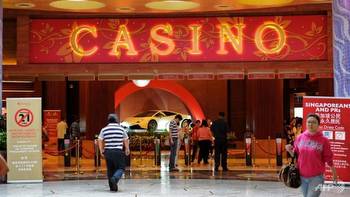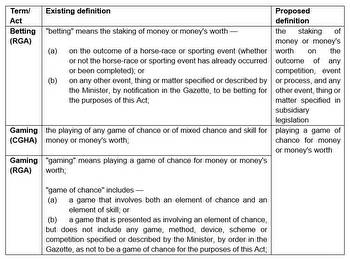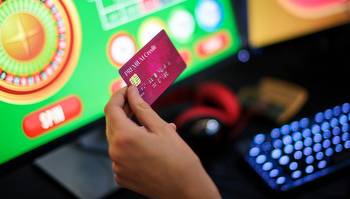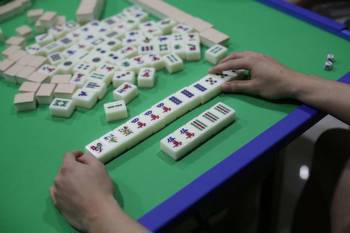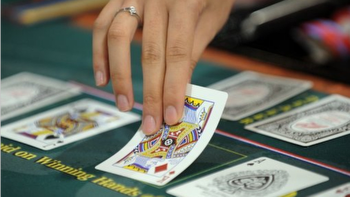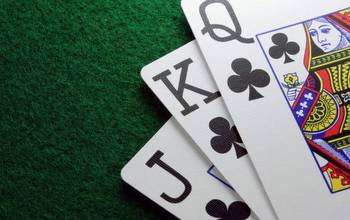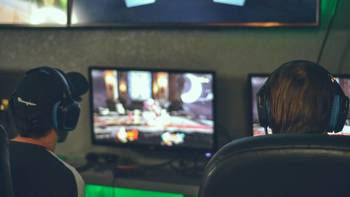MPs raise concerns about gambling among children despite new laws criminalising underage gambling
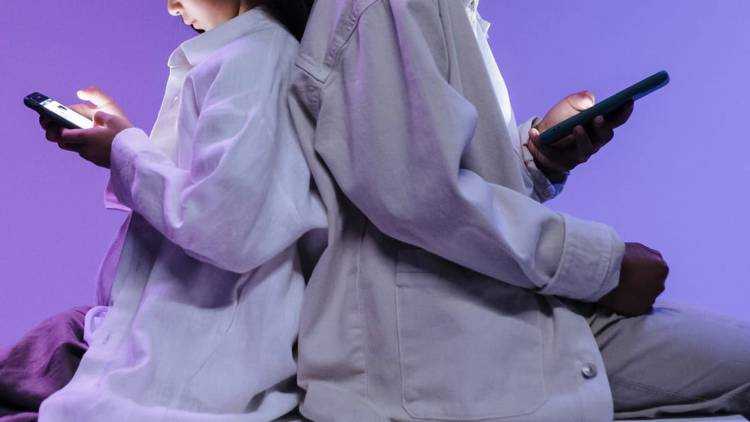
SINGAPORE — Parliament on Friday (March 11) passed laws to set up a new regulatory body to manage all forms of gambling and to criminalise underage gambling, among others.
BySINGAPORE — Parliament on Friday (March 11) passed laws to set up a new regulatory body to manage all forms of gambling and to criminalise underage gambling, among others.
The Gambling Control Bill and the Gambling Regulatory Authority of Singapore Bill were passed after a debate, which saw several Members of Parliament (MPs) raise concerns about newer forms of gambling brought about by digital technology such as loot boxes in video games.
They also raised questions about people taking part in physical social gambling, which is still allowed among family and friends.
The Ministry of Home Affairs said before that the two Bills aim to address the increased accessibility of gambling products and the blurred line between gambling and gaming.
Workers' Party (WP) MP Gerald Giam on Friday highlighted loot boxes as a “particularly challenging” issue with regard to gambling among minors.
Loot boxes are virtual items within games that can be bought and redeemed to receive another virtual item.
“Gaming companies have been pushing loot boxes in their games, especially in mobile games, leading to increased gaming spending and debt. Many consumers of loot boxes are children,” Mr Giam said.
He added that research in the United Kingdom has found that among children who play video games, 25 to 40 per cent of them have made loot-box purchases.
Noting how some countries have deemed loot boxes as illegal and yet many game developers still find ways to circumvent these restrictions, Mr Giam asked how these items will be regulated.
He also asked if loot boxes will be considered as lottery if virtual rewards cannot be monetised in the real world.
Mr Desmond Tan, Minister of State for Home Affairs, replied that the current laws here do not consider loot boxes as gambling so long as it does not involve in-game monetisation, which allows players to exchange virtual prizes for real-world payouts such as money or merchandise.
On Mr Giam’s second question, Mr Tan said that since virtual rewards have no real-world value, such loot boxes will not be considered as gambling under the Gambling Control Bill.
“This is in line with our current approach, which has served us well in trying to strike a balance between leisure and entertainment and safeguarding against gambling inducement.”
Noting the concerns raised by the MPs, Mr Tan said that physical social gambling, such as playing mahjong at home, especially during the Chinese New Year period, is commonplace among many Singaporean households and law-and-order concerns in this aspect are low.
He also reassured the House that while underage persons can still take part in physical social gambling among family and friends, they must meet certain conditions.
Exemptions are made if the gambling activity is conducted in an individual’s home and participants are members of the same family or know each other personally.
“Online social gambling will continue to be disallowed. It is difficult, if not impossible, to ascertain whether participants are socially acquainted online,” Mr Tan said.
“The police will be practical in enforcing social gambling breaches but will be firm against criminal syndicates that exploit this exemption to conduct illegal gambling.”







